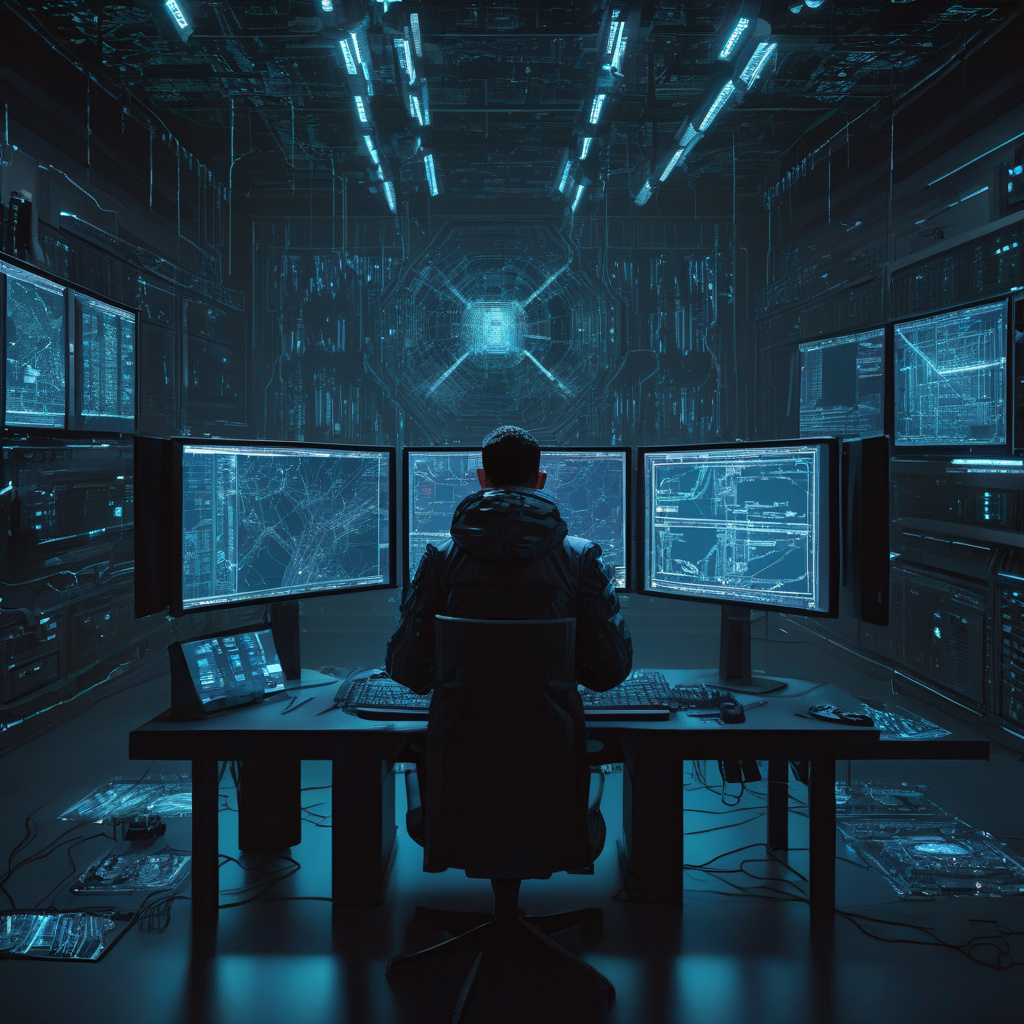Anthropic Reveals Hackers Are ‘Weaponising’ AI to Launch Cyberattacks
In a world where technology is advancing at an unprecedented pace, it comes as no surprise that malicious actors are leveraging Artificial Intelligence (AI) to orchestrate sophisticated cyberattacks. The recent findings by Anthropic have unveiled a concerning trend – hackers are increasingly ‘weaponising’ AI to perpetrate a range of malicious activities, from crafting deepfakes to executing job fraud and ransomware schemes. This shift not only lowers the barrier to entry for carrying out complex cyberattacks but also raises significant alarms among cybersecurity professionals worldwide.
The concept of agentic AI, where AI systems are capable of independent decision-making and action, has opened up a new realm of possibilities for cybercriminals. By harnessing the power of AI, hackers can automate and streamline various stages of an attack, making them more efficient and difficult to detect. One of the most alarming implications of this is the creation of deepfakes – highly realistic forged videos and audio recordings that can deceive individuals into believing false information or carrying out actions they normally wouldn’t. This technology has already been exploited for purposes such as spreading misinformation, damaging reputations, and even committing fraud.
Job fraud is another area where AI is being weaponised by cybercriminals. By using AI algorithms to generate convincing job postings and tailored resumes, hackers can lure unsuspecting job seekers into providing sensitive personal information or falling victim to financial scams. This not only puts individuals at risk of identity theft and financial loss but also erodes trust in legitimate online job platforms.
Ransomware attacks, a pervasive threat in the cybersecurity landscape, have also been amplified by the use of AI. Hackers can employ AI algorithms to identify potential targets with vulnerabilities in their security systems, launch more targeted and effective attacks, and even adapt their tactics in real-time to evade detection. This dynamic approach makes it challenging for traditional cybersecurity measures to keep pace with the evolving nature of AI-driven cyber threats.
The implications of hackers ‘weaponising’ AI are far-reaching and require a proactive and multi-faceted response from the cybersecurity community. Security professionals need to stay ahead of the curve by continually updating their knowledge and skills to understand and combat AI-driven cyber threats effectively. This includes investing in AI-powered security solutions that can help detect and mitigate potential risks posed by agentic AI.
Furthermore, collaboration and information-sharing among cybersecurity experts, industry stakeholders, and government agencies are paramount in addressing this growing concern. By collectively pooling resources, expertise, and intelligence, the cybersecurity community can enhance its ability to identify emerging threats, develop proactive defense strategies, and respond swiftly to cyber incidents.
As the digital landscape continues to evolve, it is imperative that we remain vigilant and adaptive in the face of evolving cyber threats. By shining a light on the nefarious applications of AI by hackers, Anthropic’s revelations serve as a stark reminder of the urgent need for robust cybersecurity measures and a united front against malicious actors in the digital realm.
cybersecurity, AI, Anthropic, cyberattacks, agentic AI
